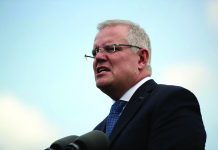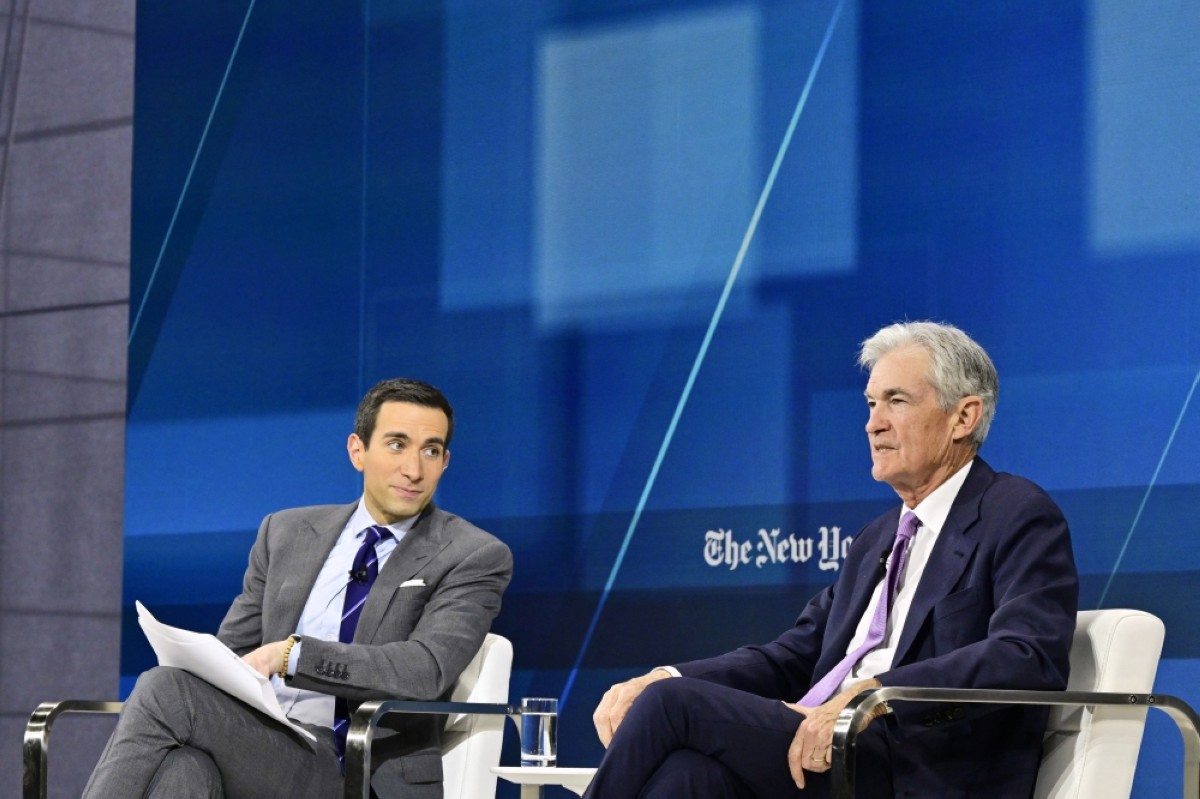Australia tips into record deficit as govt cuts tax, boosts jobs support
SYDNEY: Australia pledged billions in tax cuts and measures to boost jobs yesterday to help pull the economy out of its historic COVID-19 slump in a budget that tips the country into its deepest deficit on record. Prime Minister Scott Morrison’s conservative government has unleashed A$300 billion in emergency stimulus to prop up growth this year, backpedalling on a previous promise to return the budget to surplus.

Australian Prime Minister Scott Morrison speaks at Admiralty House in Sydney in this February 28, 2020 file photo.– Reuters
Treasurer Josh Frydenberg yesterday announced A$17.8 billion in personal tax cuts and A$5.2 billion in new programs to boost employment in a recovery plan aimed at creating one million new jobs over the next four years. Those measures are forecast to push the budget deficit out to a record A$213.7 billion, or 11 percent of gross domestic product, for the fiscal year ending June 30, 2021.
Australia’s A$2 trillion economy shrank 7 percent in the three months ended June, the most since records began in 1959. In its new projections, the government expects unemployment to rise to 7.25 percent by the end of the current fiscal year and then fall to 6 percent by June 2023. Australia’s GDP is expected to shrink 1.5 percent for the current fiscal year before returning to growth of 4.75 percent in the next.
Jobs push
Australia will spend A$4 billion over the next year to pay businesses that hire those under the age of 35 as it targets youth unemployment. The budget also brings forward previously legislated tax cuts for middle-income earners and extends tax breaks for individuals offered in last year’s budget for low- and middle-income earners.
Australia delayed the release of this year’s federal budget, which usually takes place in May, as the coronavirus upended most of the economic assumptions underlying its projections. While most of the measures announced yesterday were not new, the government affirmed its strategic priorities that include boosting domestic energy production and manufacturing and infrastructure investment. Frydenberg said the plans would “ensure Australian manufacturing plays an even greater role in our economic recovery.” – Reuters











